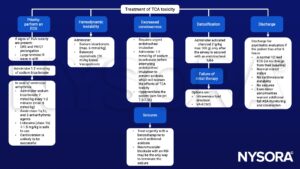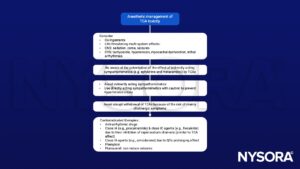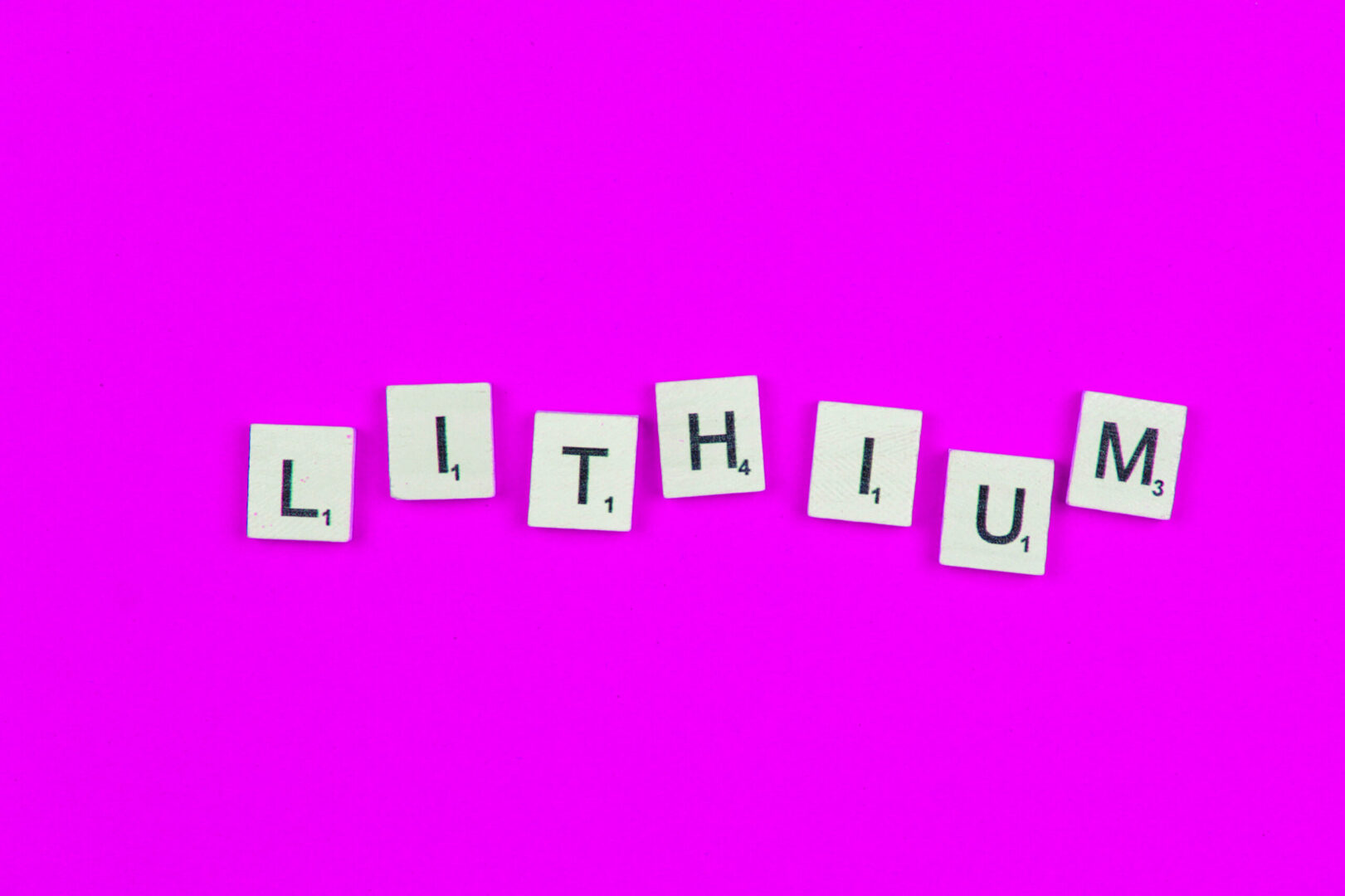Learning objectives
- Diagnose and treat TCA toxicity
Definition and mechanisms
- Tricyclic antidepressants (TCAs) are used to treat depression, chronic pain, and some forms of acute pain
- The mode of action is by the prevention of presynaptic re-uptake of norepinephrine and serotonin
- Also anti-muscarinic, antihistaminergic, and anti-a1-adrenergic effects
- TCA toxicity is caused by excessive medication of:
- Amitriptyline
- Imipramine
- Nortriptyline
- Doxepin
- Dothiepin
- Clomipramine
- TCAs have a narrow therapeutic index which carries a high risk of toxicity
- Most poisoning presentations are from acute ingestion; however chronic poisoning can also present acutely
- A dose >10mg/kg can be potentially life-threatening
- Severe toxicity usually manifests itself within 2 and no later than 6 hours after ingestion
- Exclude co-ingestion of other toxic agents (eg. paracetamol)
- Excess sodium bicarbonate can be lethal due to severe hypernatremia, hypokalemia, and alkalemia, don’t give more than 6 mmol/kg
- The goals of sodium bicarbonate treatment are:
- pH 7.5-7.55
- Max. Na 155 mmol/L
- QRS <140 ms
Signs and symptoms
| Anticholinergic effects | Fever Inability to sweat Dry mouth Mydriasis Blurred vision Constipation Urinary retention |
| Cardiovascular effects | Sinus tachycardia Hypotension ABG: mixed acidosis with both respiratory depression and ↑ lactate ECG: QRS and PR/QT prolongation Large terminal R wave in aVR, Predisposing to broad complex tachyarrhythmia (VT) |
| Central nervous system | Change in mental status Agitation Seizures Coma |
Treatment

Anesthetic management

Suggested reading
- Lott C, Truhlář A, Alfonzo A, et al. European Resuscitation Council Guidelines 2021: Cardiac arrest in special circumstances [published correction appears in Resuscitation. 2021 Oct;167:91-92]. Resuscitation. 2021;161:152-219.
- Peck, T., Wong, A., Norman, E., 2010. Anaesthetic implications of psychoactive drugs. Continuing Education in Anaesthesia Critical Care & Pain 10, 177–181.
- Kerr GW, McGuffie AC, Wilkie S. Tricyclic antidepressant overdose: a review. Emerg Med J. 2001;18(4):236-241. doi:10.1136/emj.18.4.236
We would love to hear from you. If you should detect any errors, email us customerservice@nysora.com







